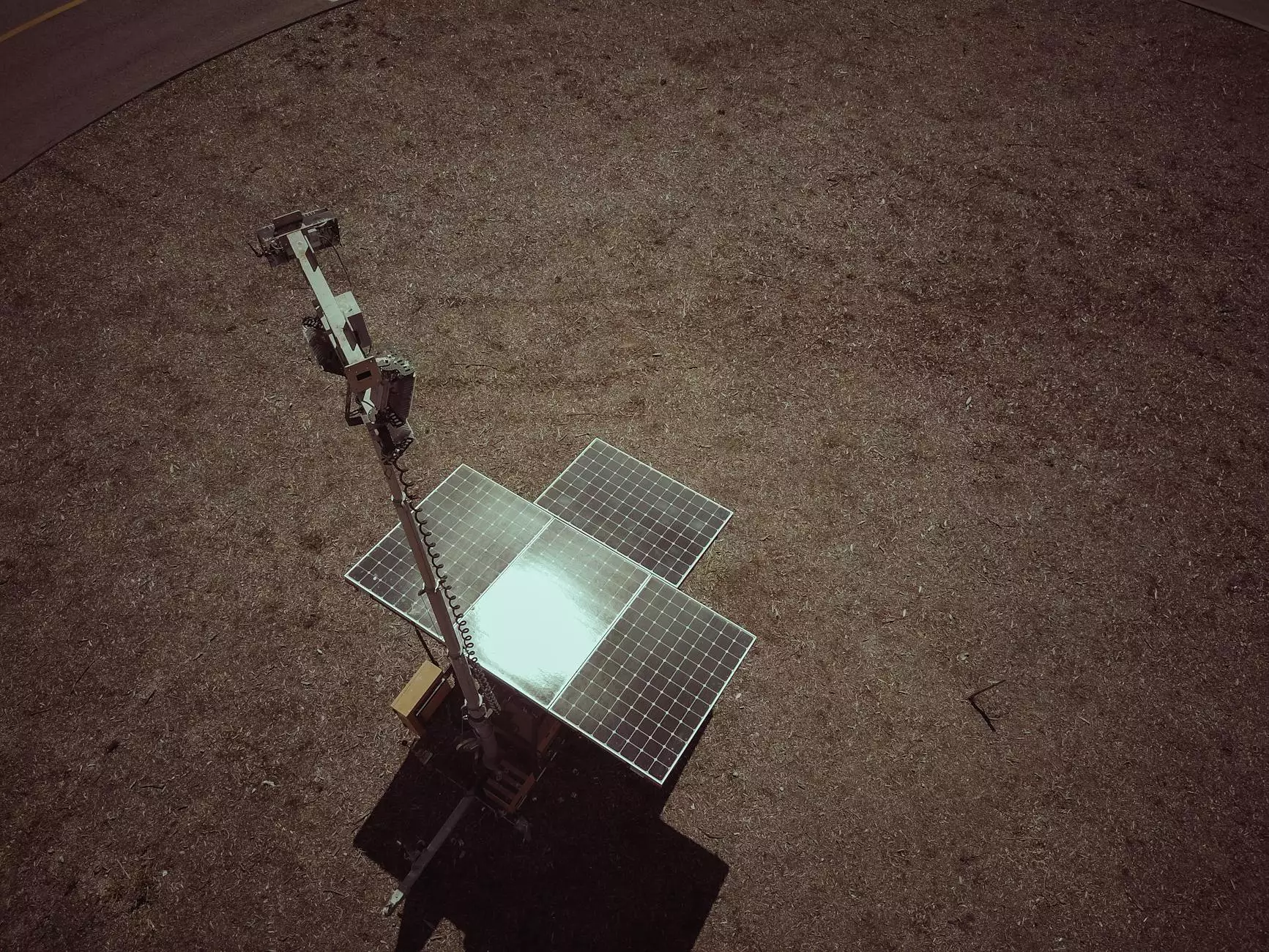The Comprehensive Guide to JEEP SUSPENSION

JEEP SUSPENSION systems are integral to the performance and comfort of your JEEP, whether you're conquering rugged terrain or cruising through city streets. Understanding how your suspension works, the types available, and the maintenance required can significantly enhance your driving experience. In this article, we will explore the various aspects of JEEP SUSPENSION to ensure you are well-informed and ready to tackle any off-road adventure.
The Importance of JEEP SUSPENSION
The suspension system in your JEEP serves multiple functions:
- Comfort: It absorbs shocks from rough terrains, providing a smoother ride.
- Handling: A well-designed suspension improves steering response and vehicle stability.
- Safety: It enhances traction and control, crucial for off-roading.
- Load-bearing: Supports the weight of the vehicle and the load you carry.
Having a reliable JEEP SUSPENSION system is essential for maintaining not just comfort, but also safety and performance while driving.
Understanding JEEP SUSPENSION Components
A typical JEEP suspension system comprises several key components:
- Shock Absorbers: These components absorb and dampen the impact from road irregularities.
- Coil Springs: These spring systems support the weight of the vehicle while allowing for movement.
- Control Arms: They connect the suspension to the frame and allow for articulation and handling.
- Leaf Springs: Commonly used in JEEPs for added load capacity and durability.
- Stabilizer Bars: They help reduce body roll during cornering by linking opposite wheels.
Each component plays a critical role in ensuring that your JEEP SUSPENSION system functions optimally.
Types of JEEP SUSPENSION Systems
When it comes to JEEP SUSPENSION systems, there are primarily two types:
1. Independent Suspension
In independent suspension systems, each wheel is able to move independently of the others. This design enhances comfort and handling, particularly on uneven surfaces. Independent suspension is often found in the front of modern JEEPs and is beneficial for on-road driving as well.
2. Solid Axle Suspension
Solid axle systems, commonly used in the rear of many JEEPs, provide robust durability and capability in off-roading. This system connects the wheels directly, which helps maintain stability and strength in extreme conditions. For enthusiasts who prioritize off-road performance, solid axle suspension systems are frequently favored.
Aftermarket JEEP SUSPENSION Upgrades
Upgrading your JEEP's suspension can dramatically enhance performance. Here are some popular upgrades:
- Lift Kits: These kits elevate the vehicle’s height, allowing for larger tires and improved off-road capability.
- Performance Shocks: Upgrading to high-performance shocks provides better damping and handling.
- Sway Bar Disconnects: These allow for greater axle articulation when off-roading.
- Longer Control Arms: They improve suspension geometry, particularly when lifting a vehicle.
When considering suspension upgrades, it is essential to choose components that match your driving style and conditions.
Maintaining Your JEEP SUSPENSION
Regular maintenance of your JEEP SUSPENSION is crucial for longevity and performance. Here are some maintenance tips:
- Inspect Components: Regularly check for wear and tear on shock absorbers, springs, and control arms.
- Check Alignment: Misalignment can cause uneven tire wear and compromised handling.
- Lubrication: Ensure all moving parts are properly lubricated to minimize wear.
- Test the System: Pay attention to abnormal noises or excessive bouncing while driving.
By proactively maintaining your JEEP's suspension, you can avoid costly repairs and enjoy a smoother ride.
Signs That Your JEEP SUSPENSION Needs Attention
Be vigilant for these signs that indicate your JEEP SUSPENSION may require servicing:
- Excessive Bouncing: If the vehicle keeps bouncing after hitting a bump, it's a sign of worn shocks.
- Pulling to One Side: This may indicate alignment issues or suspension component failure.
- Uneven Tire Wear: This could be a result of misalignment or suspension problems.
- Strange Noises: Clunking or grinding noises can suggest loose or damaged components.
Addressing these issues promptly can prevent further damage to your vehicle.
Choosing the Right JEEP SUSPENSION for Your Needs
Selecting the appropriate suspension system for your JEEP depends on your intended use. Here are some considerations:
- Off-Roading: Opt for a solid axle and consider lift kits for better ground clearance.
- Daily Driving: Independent suspension systems typically provide a smoother ride on paved roads.
- Towing Needs: A suspension designed for load-bearing will enhance safety and stability while towing.
- Budget: Determine how much you are willing to invest in suspension upgrades or replacements.
Taking your specific needs into account will help you make the best decision for your JEEP SUSPENSION.
Conclusion
Understanding your JEEP's suspension system is crucial for ensuring safety, comfort, and performance, whether you're hitting the trails or navigating city streets. With the right knowledge, you can make informed choices about maintaining and upgrading your JEEP SUSPENSION, ensuring that your vehicle remains capable and reliable for all your adventures. Embrace the thrill of the drive with a suspension system that meets your needs, and enjoy every mile on and off the road.
Ready to upgrade your JEEP SUSPENSION? Visit Offroad Zone for premium automotive parts, supplies, and expert advice tailored to ensure your JEEP performs at its best.









